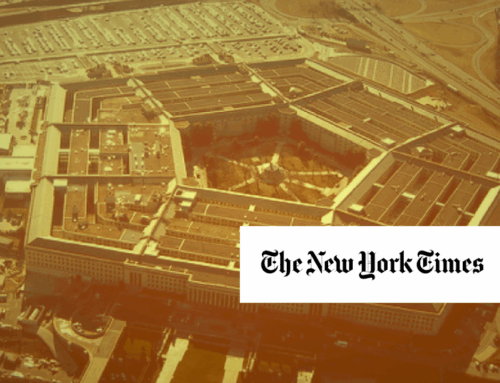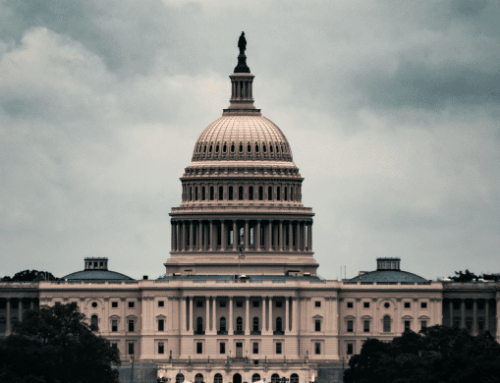Taxpayers for Common Sense sponsored a briefing for House of Representatives members and staffers Wednesday, July 15, titled Defense Spending: Opportunities for Sunlight and Savings. Panelists discussed how the absence of clear priorities weakens our defense and ways in which we can save money without compromising our safety.
Christopher Preble, Director of Foreign Policy Studies at the Cato Institute and author of ”The Power Problem: How America’s Military Dominance Makes us Less Safe, Less Prosperous, and Less Free,” discussed why America’s enormous and expensive military is corrosive to American democracy and highlighted potential areas for substantial cost savings at no cost to our national security. These include a leaner Air Force free of the F-22, an Army not overcommitted to too many missions (or the Future Combat Systems), and a 200-ship Navy with fewer aircraft carriers and more small surface vessels to keep open sea lanes of communication. Most importantly, he showed how cost containment and a more disciplined defense budget can play a role in right-sizing our military.
Stephen Schwartz, Editor of the Nonproliferation Review at the James Martin Center for Nonproliferation Studies, said he co-authored the Carnegie Endowment for International Peace report “Nuclear Security Spending: Assessing Costs, Examining Priorities” because of the federal government’s failure to track how much it spends on nuclear weapons and related activities. He found the United States spends upwards of $50 billion on these activities each year —comprising the majority of the Energy Department’s budget—yet large portions of our nuclear spending remain hidden. He also found a disproportionate amount of funding goes toward nuclear weapons rather than nonproliferation programs, despite widespread consensus about the imminent threat rogue nuclear activity poses our country.
Finally, Taxpayers for Common Sense national security analyst Laura Peterson showed how scattered spending on defense-related space programs and the Missile Defense Agency’s black box of a budget demonstrate the negative impact of opaque budgeting on national security priorities. This problem is exacerbated by a broken procurement system in which contractors have little incentive to control costs and the government repeatedly fails to define and stick to the requirements it sets for weapons systems. As funding is thinly spread across too many systems, our most needed programs are robbed of the resources they need. The result: less security for more money.
The panel was moderated by TCS president Ryan Alexander, who emphasized the crucial role of congressional oversight in controlling defense costs.
For more information: Laura Peterson, laura [at] taxpayer.net










